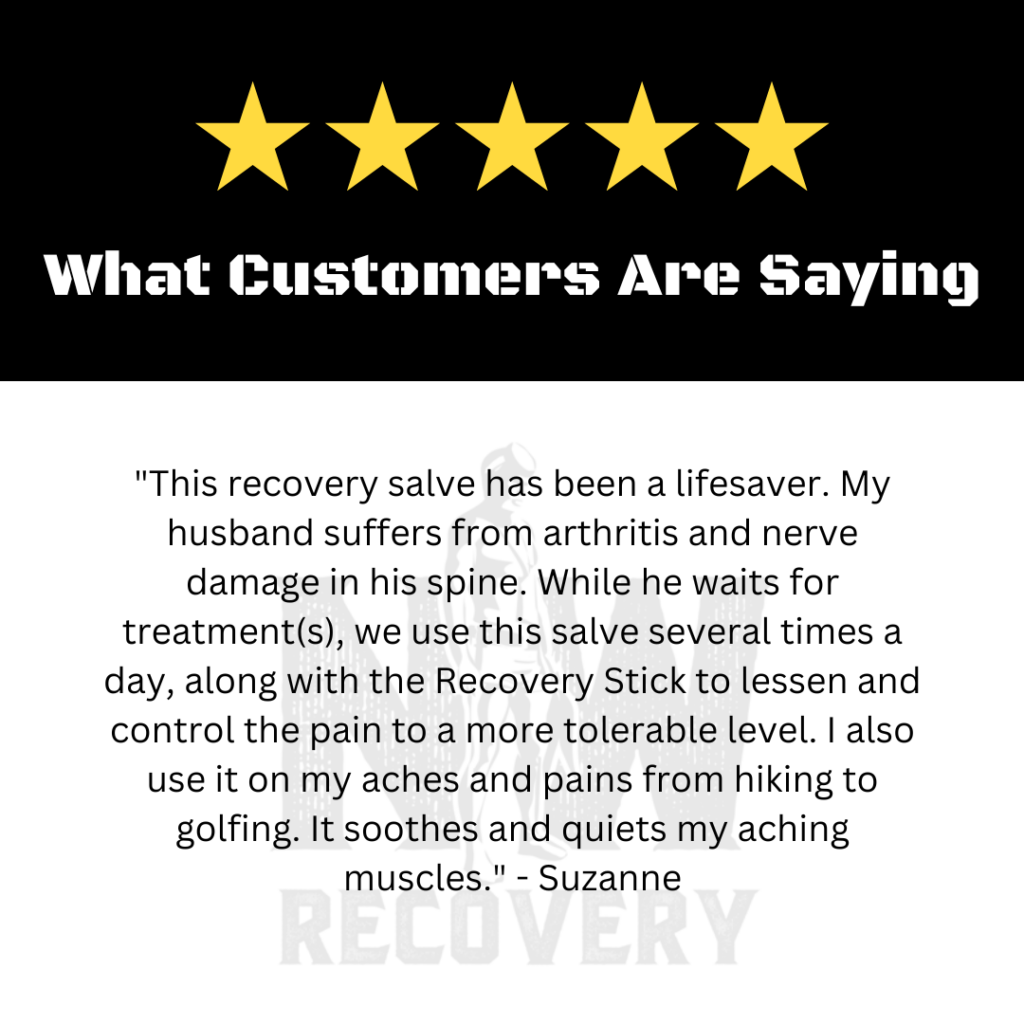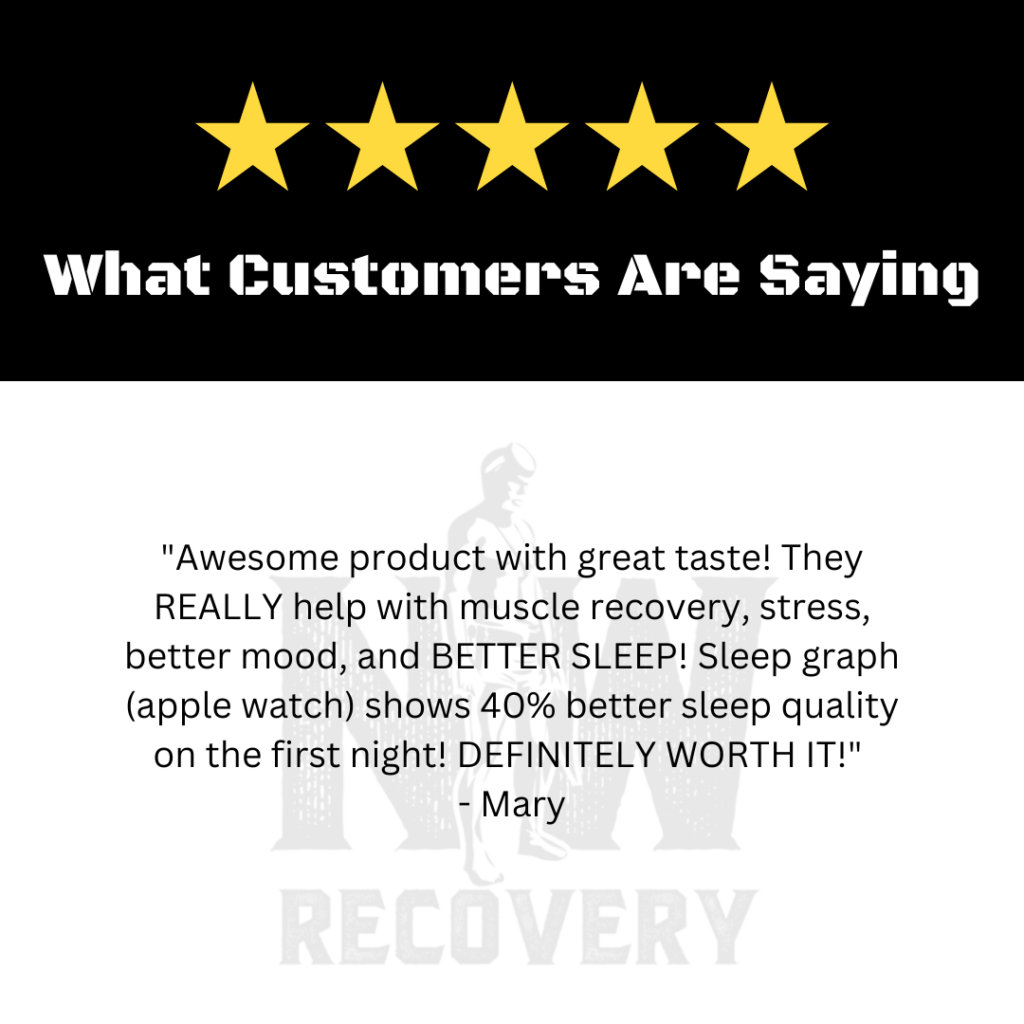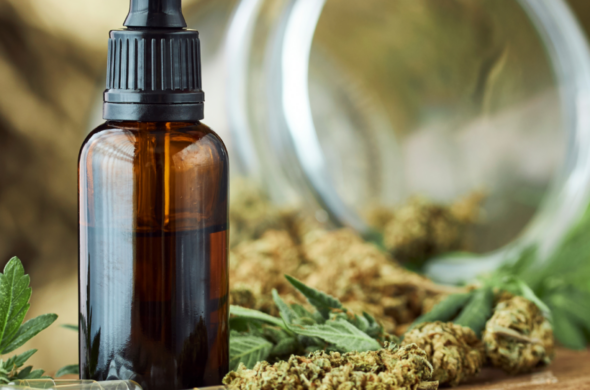Unraveling the Mystery of CBD vs Hemp Oil – What’s the Difference?
CBD oil and hemp oil are two popular products that have gained widespread attention in recent years. CBD oil comes from the leaves, stalks, and flowers of both the cannabis and hemp plants have different properties and uses that are different from hemp oil. The biggest question we get is: CBD vs hemp oil; what are the differences and the health benefits of each?
Your Endocannabinoid system (ECS) is somewhat of a mystery. The ECS is complicated and most healthcare professional experts haven’t yet determined exactly how it works or uncovered its potential functions. The cannabis derived compounds found in CBD oil have proved in nonprescription CBD products to have significant positive effects in the human body with few adverse reactions. Full spectrum and broad spectrum CBD oils continue to undergo further research to best understand the nature of their impact as an effective stimuli to the endocannabinoid system.

CBD, or cannabidiol, is a naturally occurring compound found in the cannabis sativa plant. Broad spectrum CBD oil does not contain THC, which is the psychoactive component of cannabis. CBD does not produce a “high” or alter the user’s state of mind. Instead, CBD has been found to have a range of potential therapeutic benefits, including pain relief, anxiety reduction, and anti-inflammatory effects. Full Spectrum CBD oil products do contain THC but must be less than 0.3% THC per the federal legal limit.
CBD oil products are typically made by extracting CBD from the cannabis plant and then diluting it with a carrier oil, such as coconut or hemp seed oil. The resulting product is a highly concentrated oil that can be ingested or applied topically. CBD oil is available in a variety of strengths and forms, including tinctures, capsules, and topical creams (you’ll find them all on our website).
One of the most significant potential benefits of CBD oil is its ability to alleviate pain. Several scientific studies have revealed scientific evidence that CBD oil can help reduce pain and inflammation in both acute and chronic pain conditions. For example, a 2018 study published in the Journal of Clinical Investigation found that CBD significantly reduced chronic pain and improved sleep in people with multiple sclerosis.
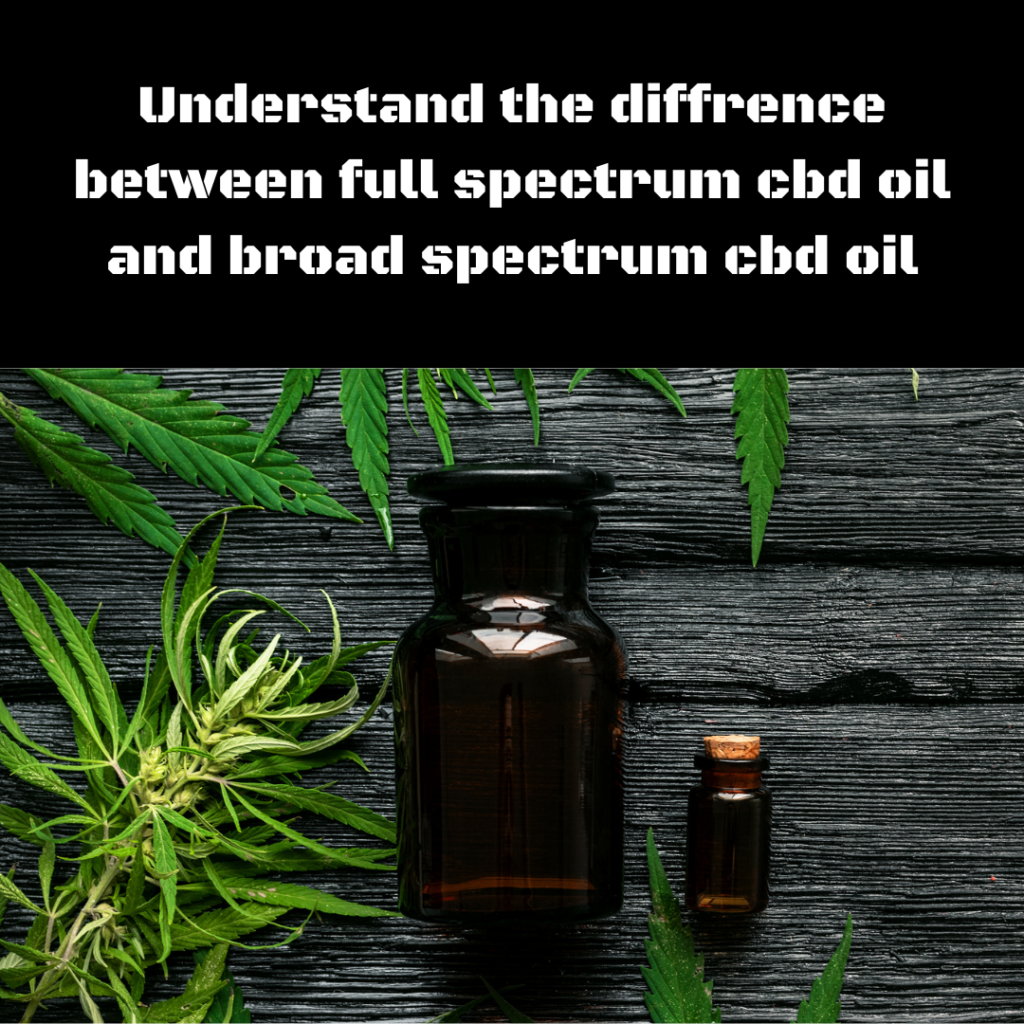
Hemp derived CBD products have also been found to have potential anti-anxiety effects. A 2019 study published in The Permanente Journal found scientific evidence that CBD oil effectively reduced anxiety in people with anxiety disorders and chronic sleep conditions. Other potential benefits of CBD include its ability to reduce seizures in people with seizure disorders such as epilepsy, lower blood pressure, and reduce inflammatory and neuropathic pain in the body.
Is CBD Legal?
We get this question a lot and we’re going to address it upfront. In the United States, the legality of CBD depends on its source and concentration. CBD derived from hemp is legal under federal law as long as it contains less than 0.3% THC, the psychoactive compound found in marijuana. However, CBD derived from marijuana remains illegal under federal law, although it is legal for medical or recreational use in some states. Remember, even though states are starting to decriminalize marijuana, it is still listed on the Schedule I list of the Controlled Substances Act.
Additionally, the FDA has approved a prescription medication containing CBD for the treatment of certain seizures, further legitimizing the use of CBD. Overall, the legality of CBD is complex and varies depending on its source and intended use. It is important to check local laws and regulations before purchasing or using CBD products.
In the US, state medical marijuana laws may also address CBD oil products and use. However, not every product we sell contains THC (full spectrum). In fact, the majority of our products are THC-free (broad spectrum) and have been clinically tested and certified by a third-party laboratory. We publish and update the results to make them available on our website regularly.
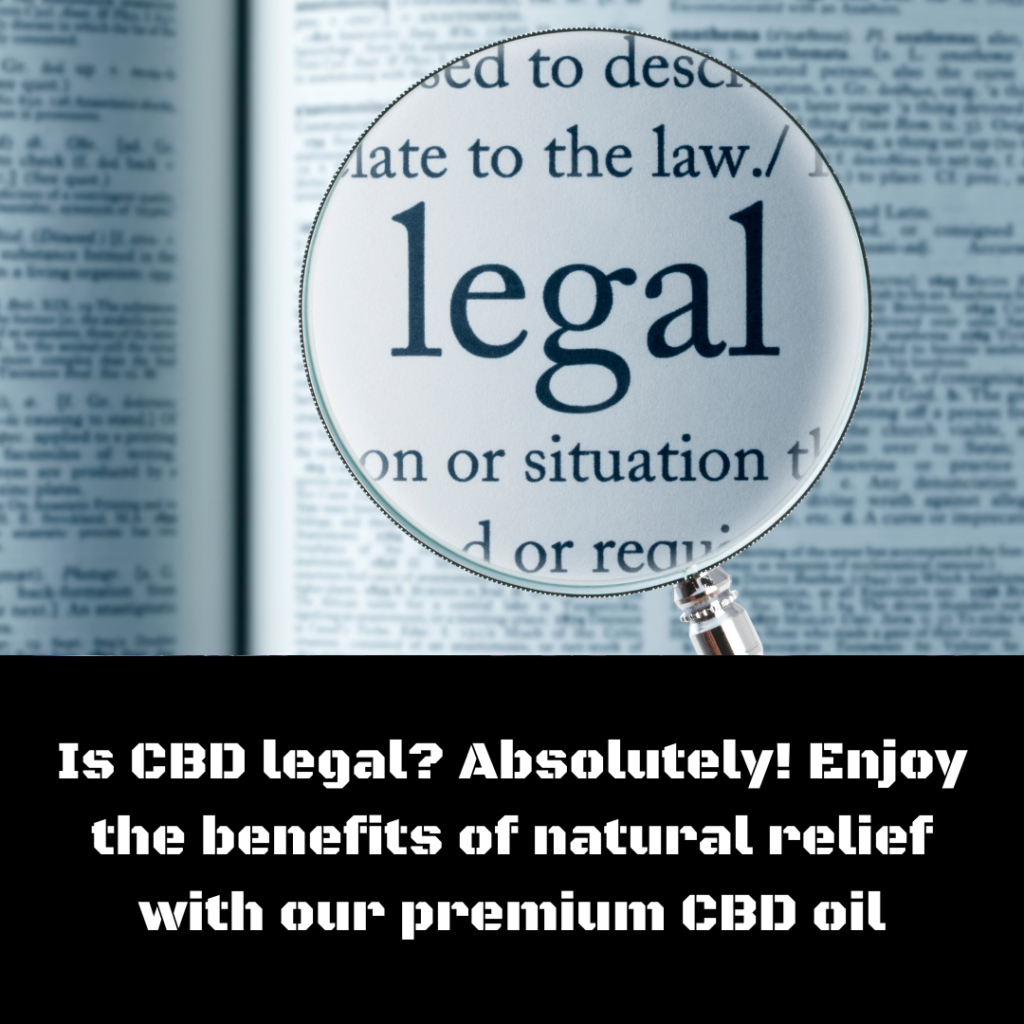
Hemp Oil
Hemp oil, on the other hand, is derived from the seeds of the hemp plant. It contains little to no CBD or THC, but it is rich in nutrients and fatty acids. Hemp oil is usually extracted using a cold-press extraction method. This method uses a mechanical press to extract the oil from the hemp seeds. The cold-press extraction process does not use chemicals or heat, which helps preserve the beneficial compounds in the oil. After the oil has been extracted, it is filtered and bottled for use. Hemp oil is commonly used in cooking and skincare products and is also available as one of many dietary supplements.
One of the primary benefits of hemp oil is its nutritional value. It is a rich source of essential fatty acids, such as omega-3 and omega-6, which research suggests are important for maintaining healthy skin, hair, and nails. Hemp oil is also a source of protein and can be added to smoothies or used as a salad dressing.
In addition to its nutritional benefits, further research uncovered that hemp oil has been found to also have potential anti-inflammatory effects. A 2011 study published in the Journal of Ethnopharmacology found that hemp seed oil reduced inflammation in mice with a form of arthritis. While more research is needed, these findings suggest that hemp oil may be useful in treating inflammatory conditions in humans. This type of preclinical evidence supports that hemp extract and CDB works.
CBD vs. Hemp Oil: What’s the Difference?
While CBD and hemp oil are both derived from the cannabis plant, they have different properties and potential benefits. CBD oil contains significant amounts of CBD and is often used for its potential therapeutic effects, such as pain relief associated with cancer treatment, managing depression symptoms, and is used to reduce anxiety for those dealing with post traumatic stress disorder and high blood pressure. Hemp oil, on the other hand, contains little to no CBD and is primarily used for its nutritional value and potential anti-inflammatory effects.
It’s important to nเว็บ สล็อตote that CBD oil and hemp oil are not interchangeable. If you are looking for the potential therapeutic benefits of CBD, you should choose a product that contains a significant amount of CBD, such as a CBD tincture or capsule. If you are looking for a source of essential fatty acids or a potential anti-inflammatory supplement, then hemp oil may be a good choice.
Potential Side Effects of CBD
Is CBD oil safe? While both CBD oil and hemp oil are generally considered safe, they can cause side effects in some people. CBD oil can cause drowsiness, dizziness, and changes in appetite or mood. Even the best CBD on the market may also interact with certain medications, so it’s important to talk to your doctor or a healthcare professional before taking CBD if you take any prescription medications.
Hemp oil is generally well-tolerated, but it may cause digestive issues in some people. It’s also important to note that hemp oil can be high in calories, so it should be used in moderation as part of a healthy diet.
CBD and hemp oil are two popular products with different properties and potential benefits. CBD oil contains significant amounts of CBD and is often used for its potential therapeutic effects, such as pain relief and anxiety reduction. Hemp oil, on the other hand, contains little to no CBD and is primarily used for its nutritional value and potential anti-inflammatory effects.
If you are interested in trying CBD or hemp oil, it’s important to choose a high-quality product from a reputable manufacturer. It’s also important to talk to your doctor before taking CBD or hemp oil, especially if you are taking any prescription medications.
How Do You Take CBD Oil?
When it comes to taking CBD oil, there are several methods that you can use, and the best one for you will depend on your personal preferences and needs.
The most common way to take CBD oil is by placing drops of the oil under your tongue and holding it there for about 60-90 seconds before swallowing. This method is known as sublingual administration, allowing the CBD oil to be absorbed directly into the bloodstream through the blood vessels under the tongue. This method is considered one of the most effective ways to take CBD oil because it allows for fast absorption and high bioavailability.
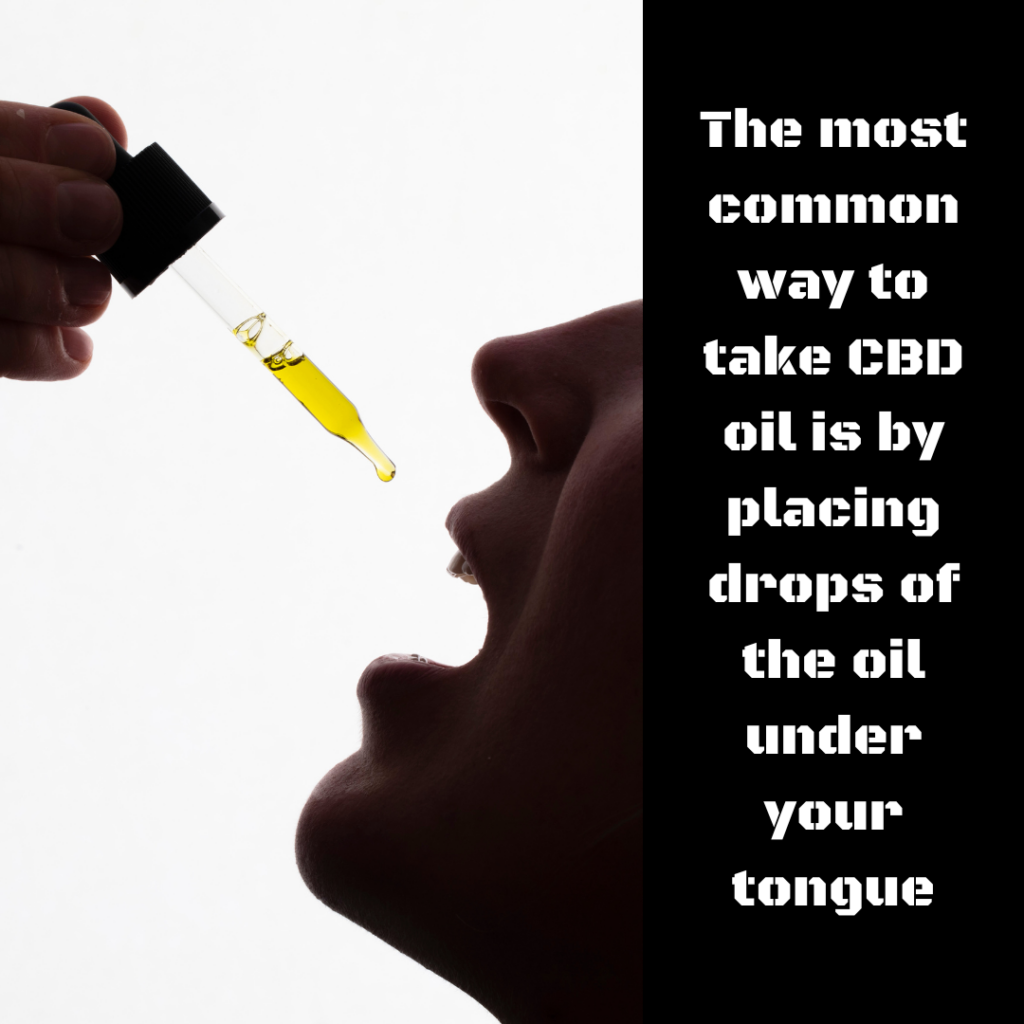
Another way to take CBD oil is by adding it to your food or drinks or through a gel capsule. This method is convenient for those who do not like the taste of CBD oil or who prefer to integrate it into their daily routine. However, when CBD is ingested, it passes through the digestive system and liver before entering the bloodstream, which can reduce its potency.
CBD oil can also be applied topically to the skin. This method is ideal for localized pain relief, skin issues, and inflammation. You can apply the oil directly to the affected area, and it will be absorbed through the skin. This method can take longer to produce results, but it is a good option for those who do not want to ingest CBD.
In conclusion, there are various ways to take CBD oil, and the best method for you will depend on your personal preferences and desired effects. It is essential to start with a low dosage and gradually increase it as needed while monitoring the effects on your body. It is also crucial to choose high-quality CBD oil from reputable brands to ensure safety and effectiveness.
How Much CBD Oil Should You Take
The appropriate amount of CBD oil to take depends on several factors, including your body weight, the concentration of CBD in the oil, and the reason for taking it. Generally, it is recommended to start with a low dose and gradually increase it until the desired effect is achieved. We are going to reinforce again that it’s important to consult with a healthcare provider before taking CBD oil, especially if you are taking any medications or have any underlying medical conditions. CBD might cause adverse effects if it does not work well with a prescription drug, and certain medications may hinder the benefits CBD may provide you.
It’s recommended that you try a starting dose of 5-10 mg of CBD per day or when needed. This can be gradually increased by 5-10 mg weekly until the desired effect is achieved. Some people may require higher doses, while others may experience the desired effects at lower doses. It’s important to pay attention to how your body responds to CBD oil and adjust the dosage accordingly.
It’s also important to note that CBD oil can have different effects depending on how it is taken. When taken orally, CBD oil can take up to an hour to take effect, while sublingual administration can result in more immediate effects. Additionally, different forms of CBD oil may have different concentrations of CBD, so it’s important to read the label carefully and follow the recommended dosage instructions.
Overall, finding the appropriate amount of CBD oil to take requires some experimentation and patience. Starting with a low dose and gradually increasing it while monitoring the effects can help you find the optimal dosage for your individual needs. It’s always a good idea to consult with a healthcare provider before taking CBD oil, especially if you are taking any medications or have any underlying medical conditions.
Overall, both CBD and hemp oil have potential benefits, and more research is needed to fully understand their effects. However, they are not interchangeable, and it’s important to choose the product that best fits your needs.
As with any supplement, it’s important to approach CBD and hemp oil with caution and to use them in moderation. While these products have the potential to provide significant benefits, they are not a cure-all and should be used in conjunction with other healthy lifestyle habits, such as exercise and a balanced diet.
If you are interested in using CBD or hemp oil as a product from a reputable source, we have a number of quality products that are third-party tested and are free of contaminants and additives. Remember to start with a slow and low and gradually increase the dosage as needed to minimize the risk of side effects.
CBD and hemp oil are two products that have gained widespread attention in recent years, and for good reason. While they have different properties and potential benefits, they both have the potential to improve your health and well-being. By doing your research and approaching these products with caution, you can incorporate CBD or hemp oil into your daily routine and experience the potential benefits they have to offer.
And don’t forget to GET NAKED!
